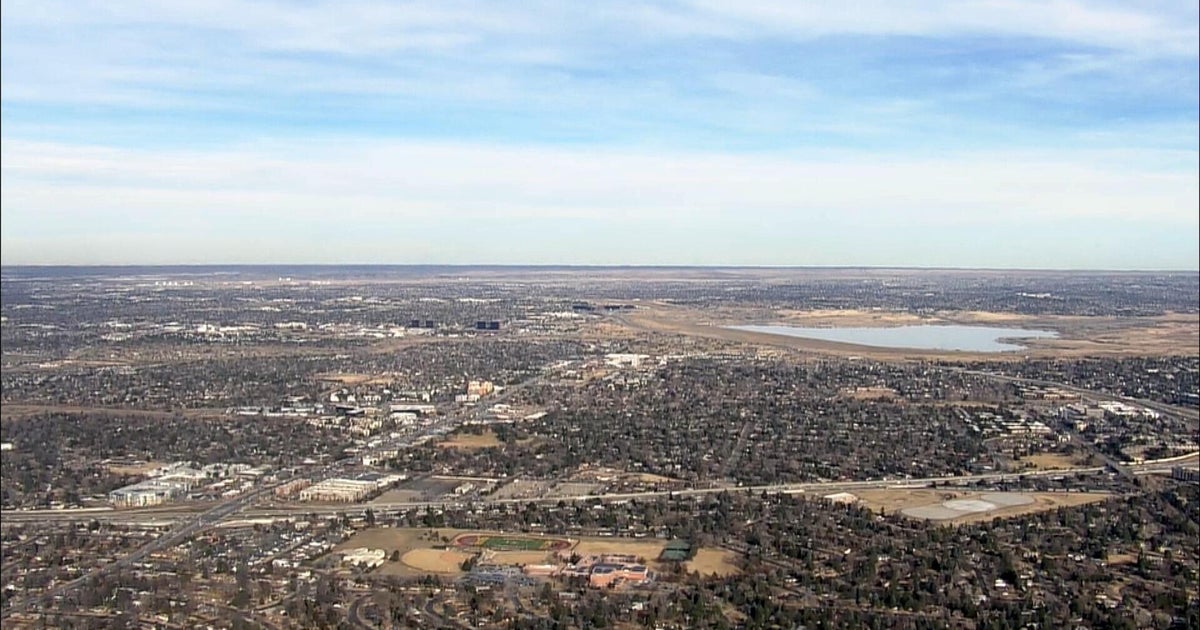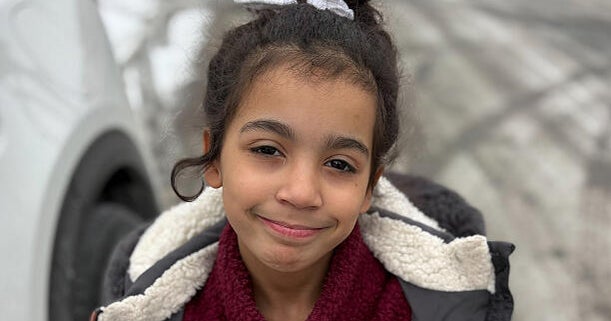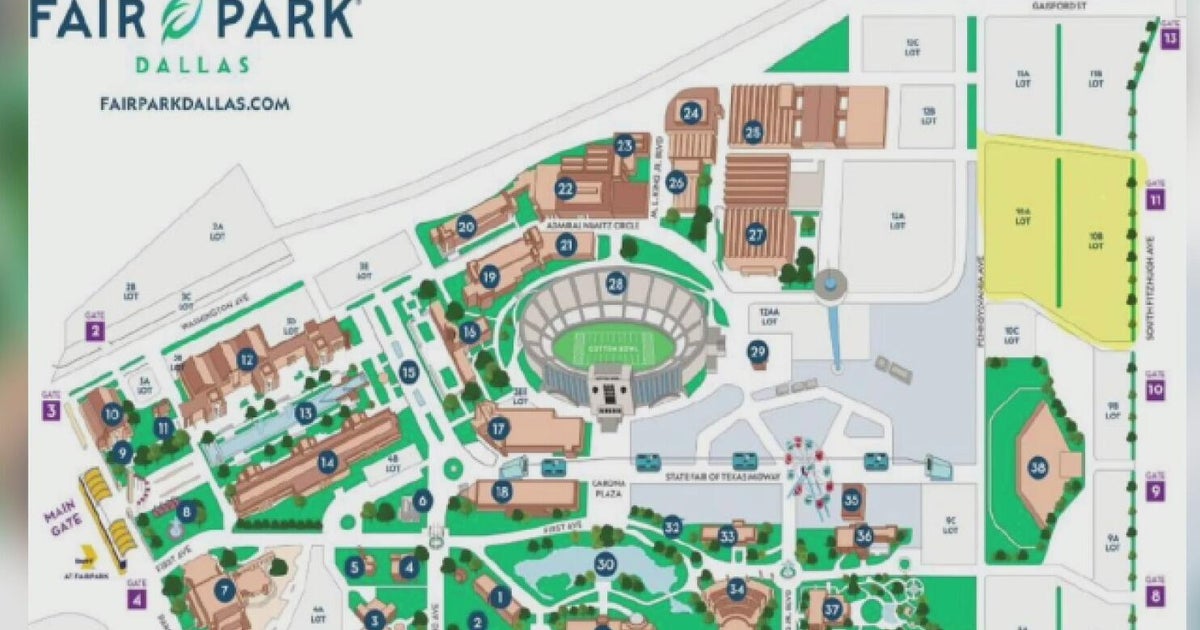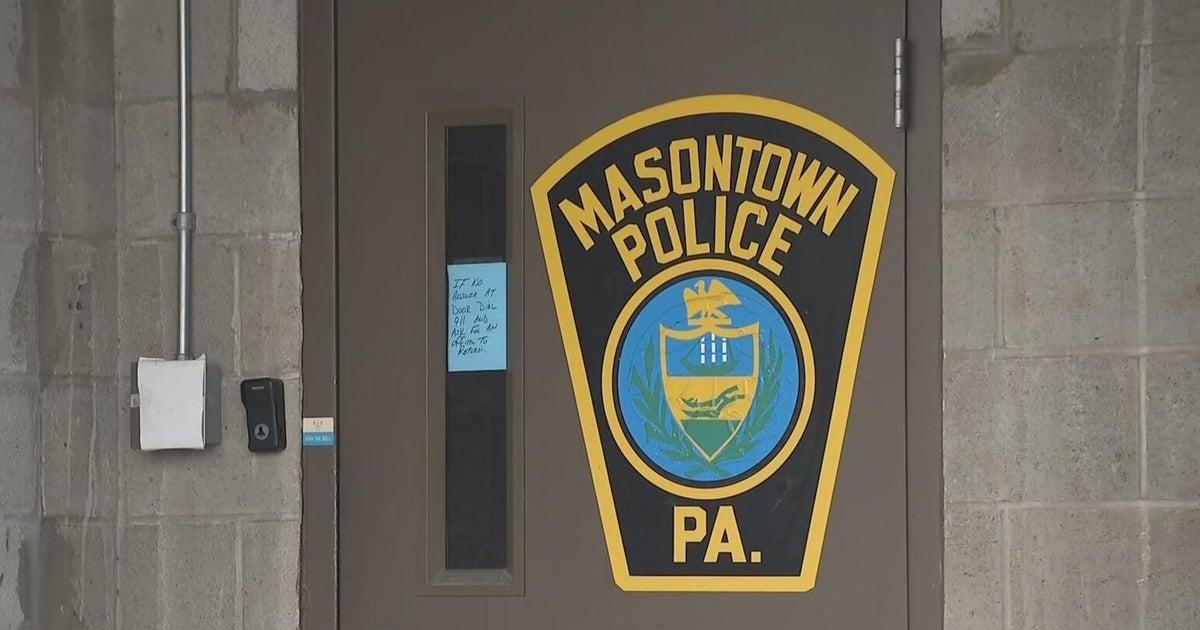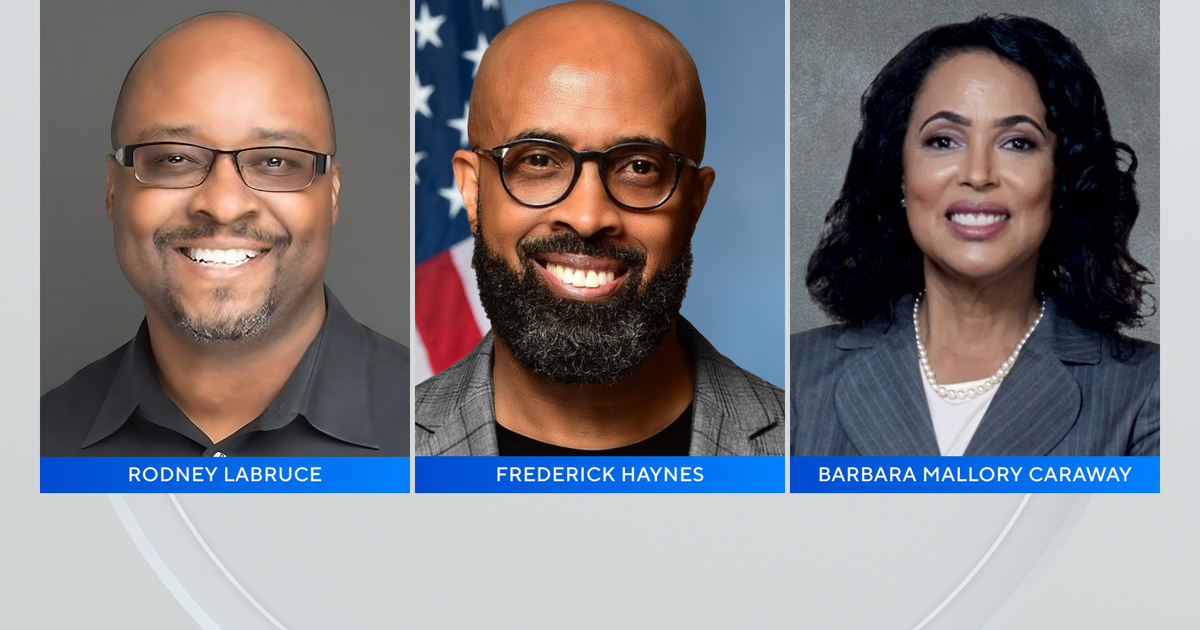How To Make The Changes You Want In Your Community
NEW YORK (CBSNewYork) - During this election season, voter enthusiasm was at an all-time high, not just in our area, but around the country.
Because of the pandemic, more people mailed in their ballots, while others waited in lines for hours, despite the weather. Now all the votes have been counted and in most races the winners have been identified.
Now what to really make the changes you want in your communities? Voting was just the first step in the process.
Dr. Sarah Sayeed spoke with CBSN New York's Aundrea Cline-Thomas to walk us through how you can stay involved and hold your public officials accountable. She's a chair and executive director of the New York City Civic Engagement Commission.
Dr. Sayeed: Thank you so much for having me on today. It's a really exciting moment to be having this conversation.
Cline-Thomas: What does the commission do? I know it was just established in April of 2019.
Dr. Sayeed: It's nonpartisan. Our mission is to increase and improve civic engagement broadly across a variety of groups and to really make sure the focus is to make sure that the people who haven't been involved are involved. We also want to make sure that we're building trust between community groups and community organizations and across partisan lines for people to really have more engagement and civil discourse.
Cline-Thomas: There's so much participation. Right. And I met a lot of first-time voters who they were eligible to vote in past elections, but just never did. For whatever reason, and they came out. Now, you know, how do you make sense of the enthusiasm and how do you harness it moving forward?
Dr. Sayeed: With the pandemic and with, you know, economic and racial injustices and in our country. I think people are really looking for solutions that work. And they're tired of, you know, having the same having the same problems come up again and again without meaningful solutions. And that's part of why they're raising their voices. And it's also an opportunity for government to listen better to those voices and just make sure that we are communicating with people in a way that tells them their voice really matters.
Cline-Thomas: There hasn't always been this participation or there's this distrust in government, explain to people why voting is really just the first step in the process and why and how they should be involved moving forward.
Dr. Sayeed: What happens once you vote and vote someone into office. How do you hold them accountable? And holding them accountable means getting involved on a day-to-day basis and really thinking about what are the avenues at the local level. So, if you for example, attend your precinct council meeting you will be able to understand better how public safety decisions are being made. If you go to a community education council, you know, as a parent, you'll be able to have a voice in what's happening in the school system. There's community advisory boards that health institutions have and community boards as well. I mean, there's, there's a variety of ways that people could get involved that I think will make democracy, a lot more vibrant and healthy.
Cline-Thomas: I want to talk about the participatory budget, which is really just a fancy way of explaining that people can have their input on how money is allocated, and you all are really focusing on youth voices, which is really different.
Dr. Sayeed: What this allows us to do is engage residents directly to participate in decision making of the Commission and hopefully other agencies will also be able to leverage the platform :49 The youth piece is something that We wanted to do because young people are often not at the table when it comes to government decision making for a variety of reasons.
More: How To Get Rent Relief In New York City
Cline-Thomas: The ages of nine to 24 years old and they're going to allocate $100,000.
Dr. Sayeed: That's right. We're starting by asking people, what do you need right now and then taking that taking those needs organizations will propose solutions to those needs and the young people will actually vote on which solutions they want funded by the Commission.
Cline-Thomas: We're going to switch gears for just one moment and speak to some of the youth fellows involved in the program. Darlene Uzoigwe and Manahil Jafrey are joining us now. Tell me, specifically, what were you able to do
Uzoigwe: Manahil and I are both virtual facilitators. We run virtual events online talking to young people from all across the city and having them speak about their needs. And what some of the issues that they gone through throughout the troubling times.
Jafrey: So many people are talking about mental health and specifically how during the pandemic everyone's mental health is declining, and they're really pushing for services and more help to address those issues.
Cline-Thomas: You all have a hand in how $100,000 is going to be spent. You're saying I don't need this, I need this how powerful does that make you feel?
Uzoigwe: It's an incredibly inspirational moment to be able to have that type of Influence in my community and they're having a voice. They're making an impact of those who are on them. So that's incredibly empowering in and of itself. But in addition to that young people, it's showing me that if you give young people, a platform, they're going to use it.
Jafrey: Knowing about this process and being engaged in this process will open so many doors into more opportunities to be civically engaged and you could make a huge difference in your community.
Cline-Thomas: What do you think about adults who choose not to get involved?
Uzoigwe: I think, was one of the primary reason but people often take a backseat when it comes to being civically engaged is this thought in which we think that our voices simply don't matter and our or votes are not going to be enough to change anything. And I think that's such a such a destructive way of thinking that mentality in and of itself is poison.
Jafrey: it is your voice. It is your platform. And that's the way that you could express your opinions and your values.
Cline-Thomas: I feel like sometimes your generation gets a bad rap meeting you all makes me so incredibly hopeful so thank you for being involved.
Dr. Sayeed: I think for a long time. What's been happening is that that that sense of mattering has been declining and we want to do what we can to help restore that and strengthen that to say that we really care what you're thinking. And we want to hear from you. And not only do we want to hear from you, but we're going to take you seriously and integrate what you're saying and to how we're making the decisions that we know are going to touch your life.
Cline-Thomas: And really communities can change and communities can improve if the residents. Don't feel empowered.
Dr. Sayeed: Yes, that's, that's so true. And I think the empowerment, also, like, for me, it really has to be part of seeing themselves, you know, in a community, right, because people have to feel like you know I care about my neighbor and what's happening to my neighbor and I care about what's happening to me on my family and we can work together to make sure that we influence policies and programs together, right, because democracy is not just about one voice, it's about a collective voice. It's about people organizing around the issues that matter to them. And in order to do that, they have to talk to one another as well.
Cline-Thomas: Thank you so much for being with us today, as you said, we are at a crossroads. And I just really look forward to people just getting more involved in the process and making sure that their voices are heard.
Dr. Sayeed: Thank you. Thank you so much for this opportunity to talk about this topic
For more information:
NYC/NY State:
NYC Civic Engagement Commission
NY Education Department Civic Readiness Initiative
New Jersey:
Connecticut:
CT Commission on Community Service
More From CBS New York:
- N.J. Enacts Sweeping Law Enforcement Policy Revisions, Prioritizes Protection Of Life, Liberty And Dignity Of All Civilians
- COVID Shots Administered To New York Nursing Home Residents And Staff, But Not All Volunteer To Be Vaccinated
- Home Invasion Rocks Jamaica, Queens Neighborhood
